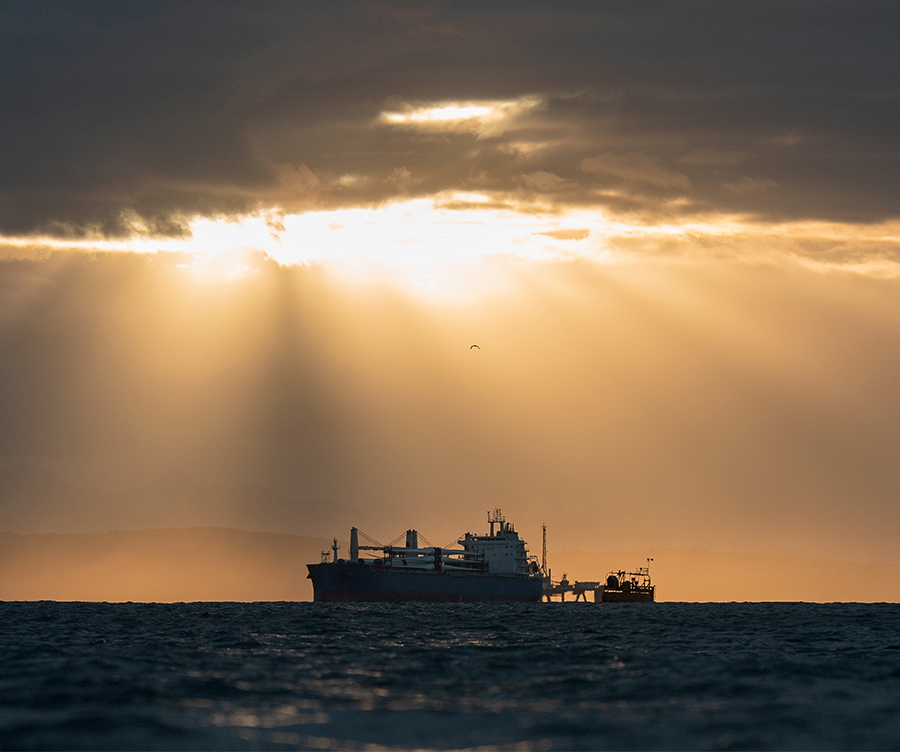The African Export-Import Bank (Afreximbank) has agreed a US$300mn facility with Trident OGX Congo to bump up crude oil production in the Republic of the Congo.
The reserve-based lending facility is expected to boost production from the Mengo-Kundji-Bindi II (MKB II) oil fields by 30%, Afreximbank says.
The facility will be used to “partially finance and kickstart a seven-year development programme on the MKB II permit area”, which is located between the port city of Pointe Noire, the foothills of the Mayombe mountains and the border with Angola’s Сabinda province.
Trident OGX Congo is a fully owned subsidiary of Singapore-based firm Trident OGX International. The country’s national oil company, Société Nationale des Pétroles du Congo, and Orion Group are also shareholders in the oil fields.
“This important project, which promises to bring investment of about US$1.5bn into Congo’s oil and gas sector, will generate significant revenues that will enable the government to create more jobs and provide more socio-economic infrastructure for the people of Congo,” Benedict Oramah, president and chairman of Afreximbank’s board, said at the signing ceremony.
“We are also pleased that operations at the MKB II oil fields will be conducted in adherence with best practices of environmental standards, by hydraulic fracturing process,” he said.
Oramah added that the deal is expected to increase business opportunities and grow GDP.
Other export credit agencies (ECAs) around the world have come under fire for continuing to finance the oil industry, most prominently the ECAs of western countries whose governments signed up to end international fossil fuel financing for new oil and gas projects.
But some claim that global efforts to drastically scale back oil and gas production disadvantages African nations that have not yet reaped the economic benefits of fossil fuels, a tension borne out in the struggle over financing the East African crude oil pipeline.
Speaking during a roundtable discussion on the sidelines of GTR Africa last year, Gwen Mwaba, director and global head of trade finance at Afreximbank, noted that African economies dependent on fossil fuel production were being left with limited financing.
“International banks are already pulling out of funding those types of projects, and people are looking to institutions like Afreximbank to step in and support reserve-based lending facilities on the continent. We’ve seen billions of dollars’ worth of demand,” she said.
While western economies have had years to prepare for ESG requirements, Mwaba said that there was now “an expectation for Africa to fall in line immediately, when the reality is that we also need time to find our way on this journey”.
“We should be given that space given how little we contribute to carbon emissions as a continent compared to the western world,” she said.







